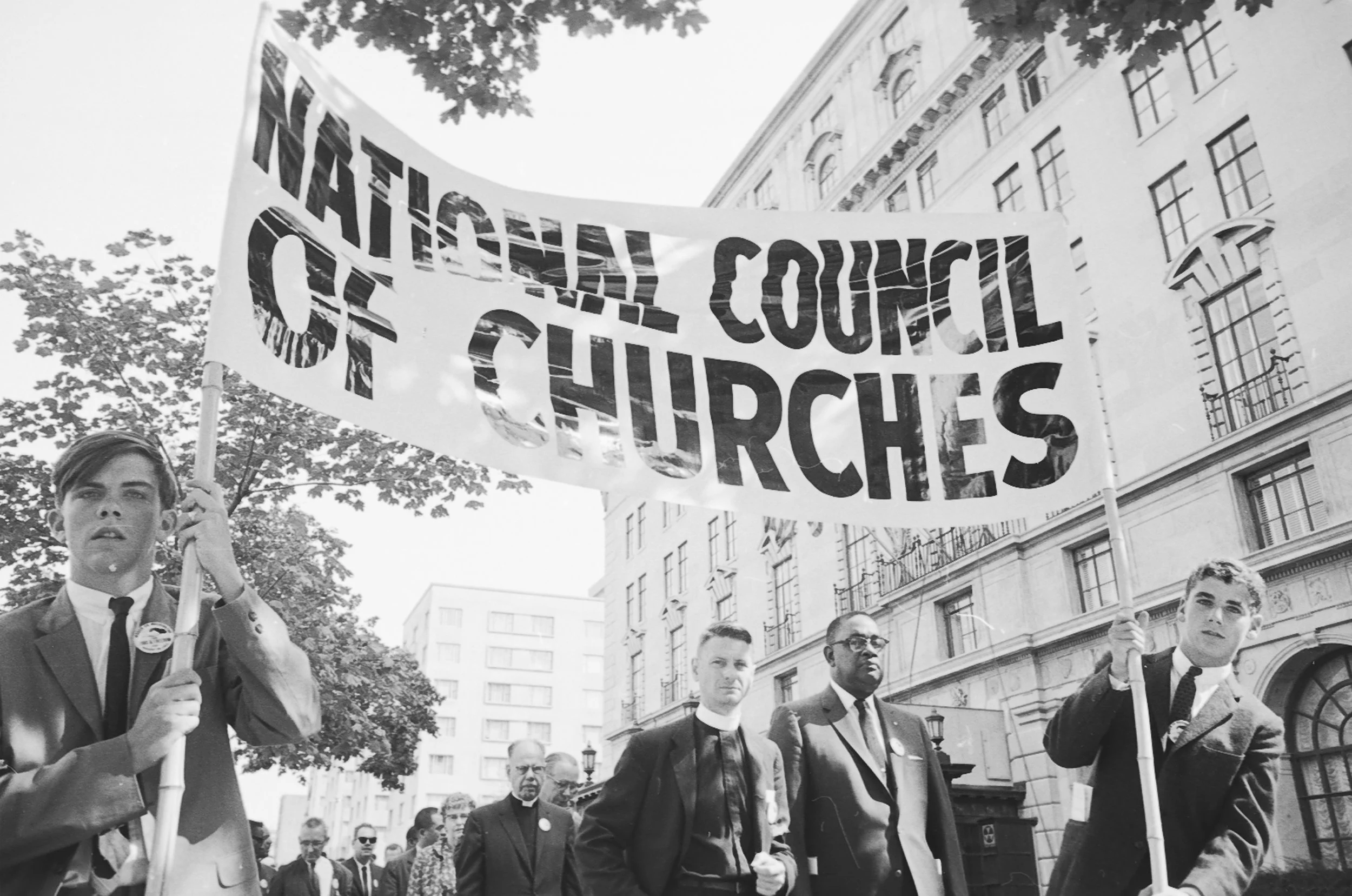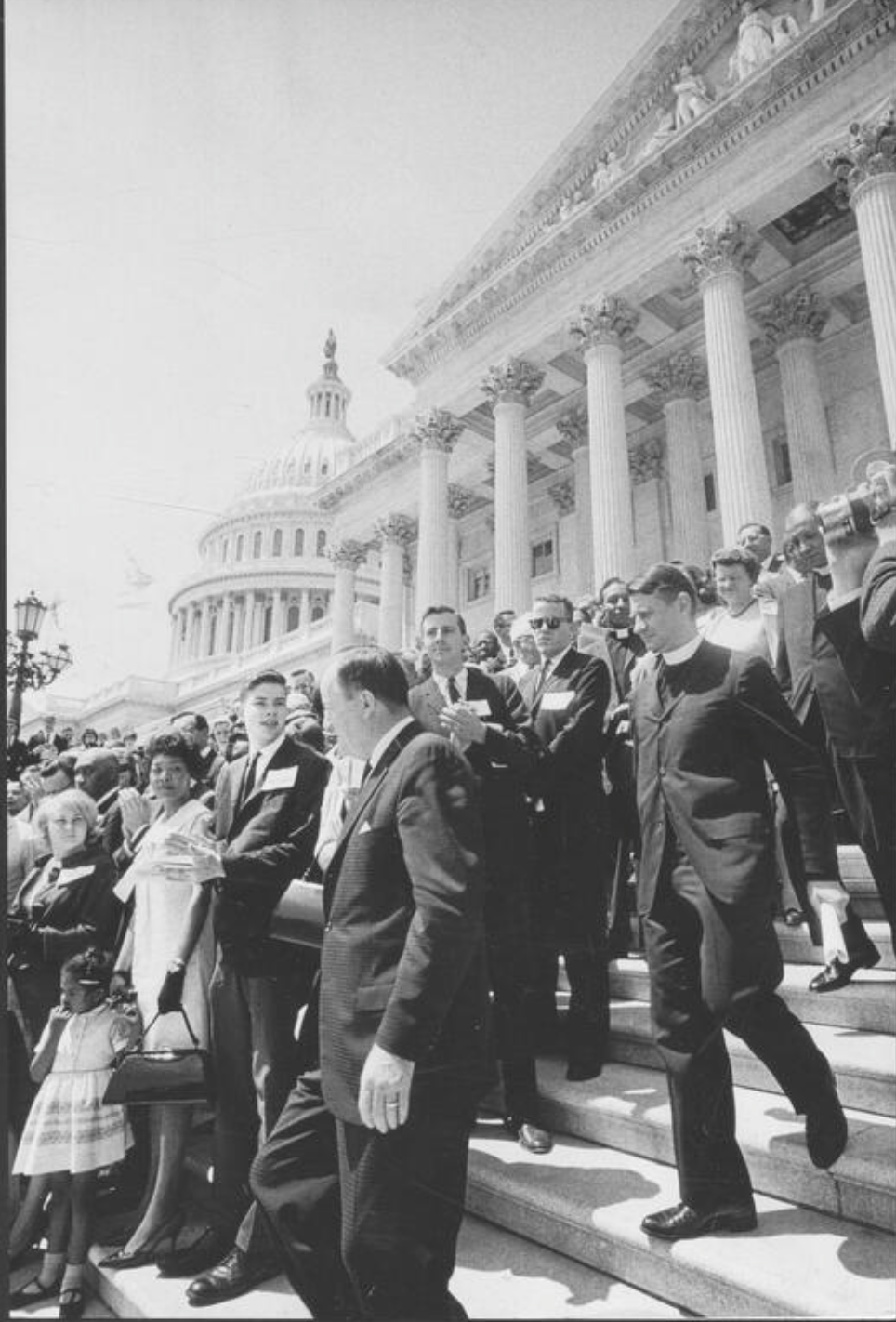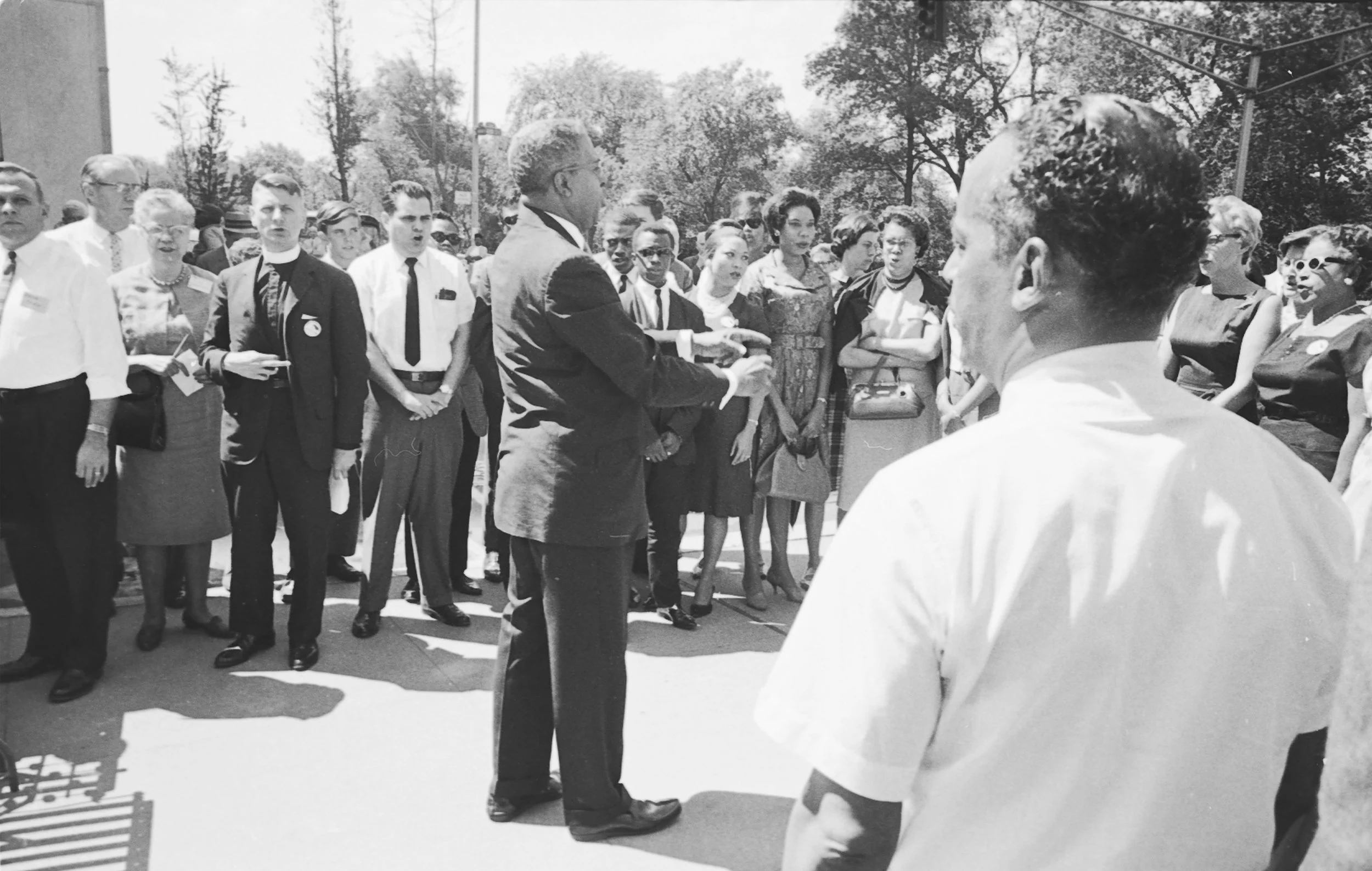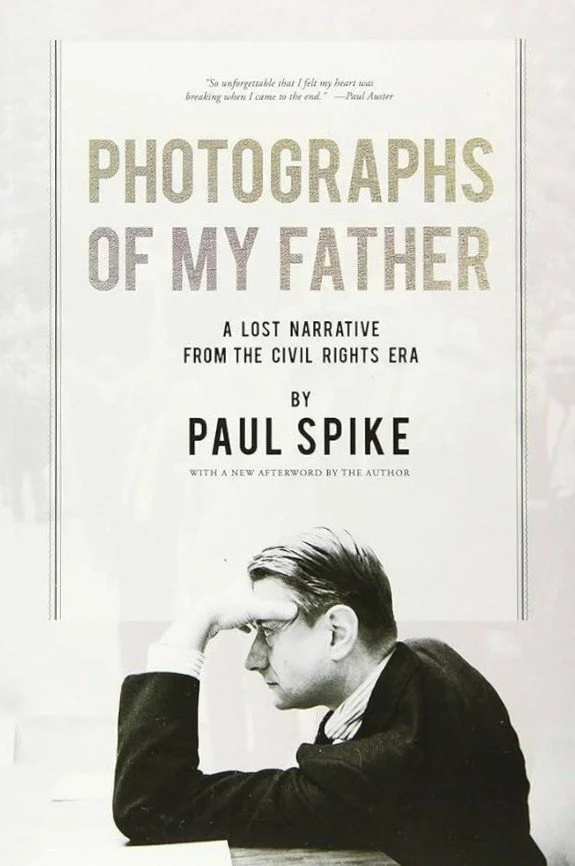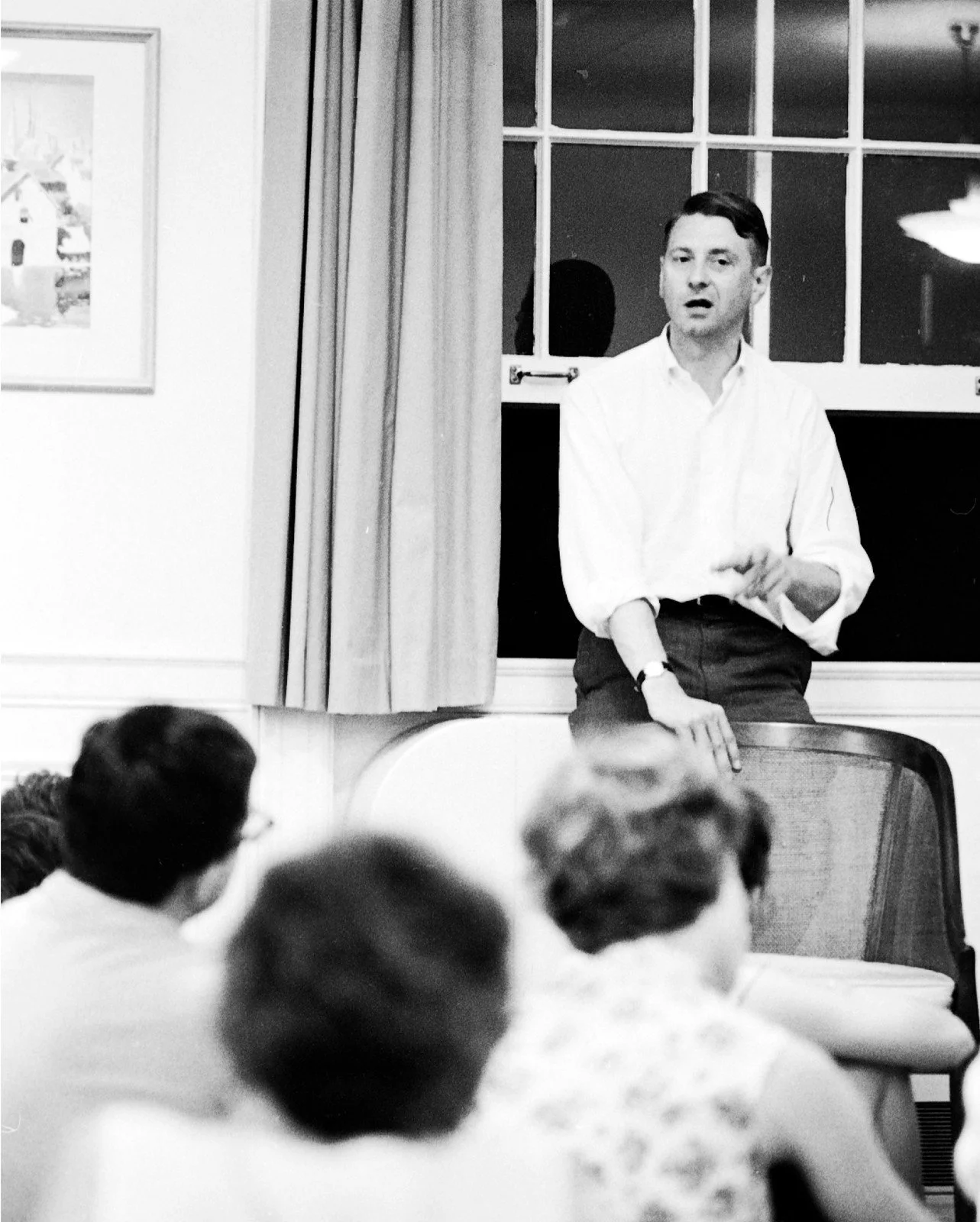THE LIFE & DEATH
OF
ROBERT SPIKE
WHO KILLED HIM & WHY?
BRIEFING
Rag Radio 2017-01-13:
Paul Spike, Author of 'Photographs of My Father' & Bobby Byrd of Cinco Puntos Press
Thorne Dreyer’s guests on Rag Radio are author Paul Spike and publisher Bobby Byrd. London-based writer Paul Spike is the author of five books, including Photographs of My Father: A Lost Narrative from the Civil Rights Era about his father, murdered civil rights worker Robert Spike. Photographs of My Father, written when Paul Spike was 23 years old, was named one of the best books of the year in 1973 by The New York Times.
BBC World Service:
My Dad - The Unsung Civil Rights Hero
Paul Spike had a ringside seat on one of the most tumultuous periods in American history - the civil rights movement. That's because his father, Reverend Robert Spike, was a prominent figure in the campaign during the 1960s, supporting figures like Martin Luther King in the fight for racial equality. Reverend Spike was a white Baptist pastor who forged a new way for churches in the US to confront prejudice, but he was murdered in mysterious circumstances nearly 60 years ago. His killers have never been found.
The NYPR Archive Collections:
Civil Rights - Dr. Robert Spike, August 5, 1964
Dr. Robert Spike, Executive Director of the National Council of Churches' Commission on Religion and Race, discusses the Civil Rights training school in Oxford, Ohio (the same that Goodman, Chaney, and Schwerner attended) and their work in Mississippi.
Audio courtesy of the NYC Municipal Archives WNYC Collection.
DISCOVER PAUL SPIKE’S AWARD-WINNING MEMOIR, PHOTOGRAPHS OF MY FATHER
“Photographs of My Father has not been written as fiction. Paul Spike's father really was the Rev. Robert W. Spike, who, during a remarkable career as a white radical minister, ran Judson Memorial Church in Washington Square during the heyday of the “beats,” helped to organize the march on Washington in 1963, lobbied for the Civil Rights Bill of 1964, wrote parts of President Lyndon B. Johnson's voting‐rights speech, and fought for the continuation of the Child Development Group of Mississippi in 1966. This militant churchman really was murdered in Columbus, Ohio, in 1967, under circumstances that have never been explained.
We not only believe Mr. Spike's story and participate in its comedy, its terror, its extreme pain and ultimate triumph. We also can identify with the author to the point where we understand both his private suffering and the rage he finally vented against the system. Mr. Spike's story offers as clear an illumination as I know”
- The New York Times “Books of the Times: Praise Be for Non-Fiction”





